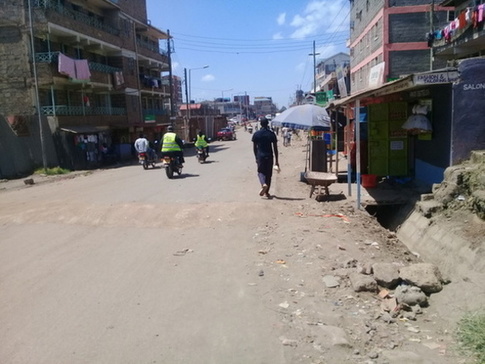×
The Standard e-Paper
Kenya’s Boldest Voice

Tough times don’t last long. Even as the numbers of Covid-19 cases continue to rise in the country, life is slowly but surely going back to normal.
The roads are almost empty but shops remain open as traders sit outside awaiting for their next customer. These are long days, money is hard to come by so many sit in groups making stories as the sun hits hard seemingly social distancing is no longer an option.